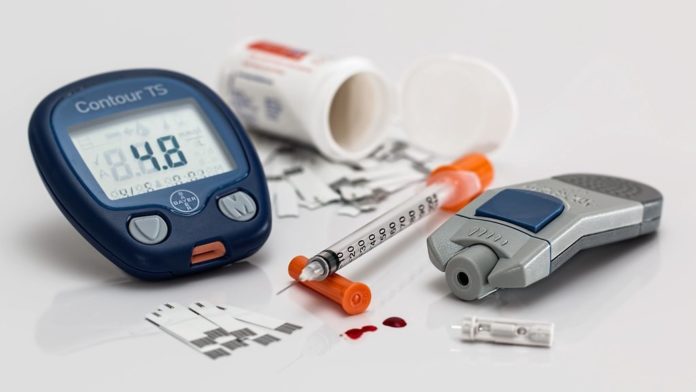Growing up can be challenging enough as it is, but adding type 1 diabetes (T1D) into the mix can make things substantially harder — even to the point of ending one’s life. Canadian researchers have found that people aged 15-25 with this health condition have a 325% higher chance of attempting suicide than peers without T1D.
Published in Diabetes Care, the retrospective cohort study examined the risk of mental illnesses like depression and anxiety among T1D sufferers in this age group and compared them against those the same age but without diabetes. The findings illustrate the need to better identify mood disorders among children and young adults with T1D and provide more resources and better services for this vulnerable group.
The study was a collaboration between researchers from the Research Institute of the McGill University Health Centre (RIMUHC) and the Institut National de Santé Publique du Québec (INSPQ).
The raised risk of mental complications among children and young adolescents with T1D is already established, but the study authors sought to fill a gap in the literature by looking at what happens when kids like this become young adults.
Greater mental illness diagnosis risk on top of suicide risk
The INSPQ sourced data from their Quebec Integrated Chronic Disease Surveillance System database to be used as part of the analysis. 3,554 diabetic teens and young adults from Quebec composed the main study group, while 1.38 million in the same age group without diabetes were included as controls.
On top of the higher suicide risk, the diabetes group was also 133% more likely to be diagnosed with a mood disorder: “we are talking mood disorders like depression or anxiety disorders, which can affect their management of the disease,” said senior author Meranda Nakhla in the McGill press release.
“And the fact that they are more at risk of having mental health disorders also puts them more at risk of having complications and hospitalizations related to diabetes.”
Why are young adults with diabetes at higher risk?
T1D is a highly demanding autoimmune condition that puts an elevated burden of responsibility on emerging adults. The disease causes insulin-producing beta cells in the patient’s pancreas to be mistakenly targeted and destroyed by the body’s immune system. There’s no cure and sufferers are dependent on pumped or injected insulin to get by.
Patients have to monitor their blood glucose levels and inject themselves roughly 3-4 times daily. They also have to be vigilant about their diet by considering how much any given meal may affect their glucose levels. Nerve damage, kidney disease, and even death can be the result of poor monitoring.
Emerging adults grapple with multiple pressures including their social life, school, work, relationships, possibly starting families, finances and so on. Young adults must manage this chronic condition on top of all these responsibilities and with less support after they turn 18. All of this can push people to breaking point.
As the authors write: “…[These additional pressures] may further exacerbate the risk of psychiatric disorders where underlying factors such as change in diabetes care providers, new treatment facilities, increased levels of responsibility, and differences in disease management might contribute to this risk.”
“Our study fills an important gap in the literature, as it is the only one to date that longitudinally assessed psychiatric disorders among adolescents and emerging adults with diabetes,” said lead author Marie-Ève Robinson in the press release.
“It shows that more mental health support is needed for this population, to help them with the competing priorities of this life stage.”








































